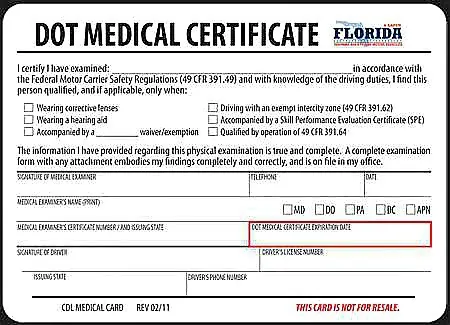For a commercial driver in Colorado, staying compliant with CDL regulations is crucial to maintaining your livelihood. But what exactly lead to Colorado CDL disqualifications? You will find a complete answer in this post. From major offenses, and serious traffic violations to violations in personal vehicles, we will review all common causes of CDL disqualifications, and give some advice on how to avoid costly mistakes. Whether you are just starting your journey to get a CDL in Colorado, or a seasoned driver, knowing the rules can save your career. Keep reading to safeguard your future now!
What are Colorado CDL disqualifications?
Colorado divides violations affecting your CDL status into different disqualification categories, from major, railroad-highway, to personal vehicle violations. These violations can result in severe penalties either temporary or permanent CDL disqualification. Here is an explanation of each category:
Major violations related to DUIs, accidents, and felony
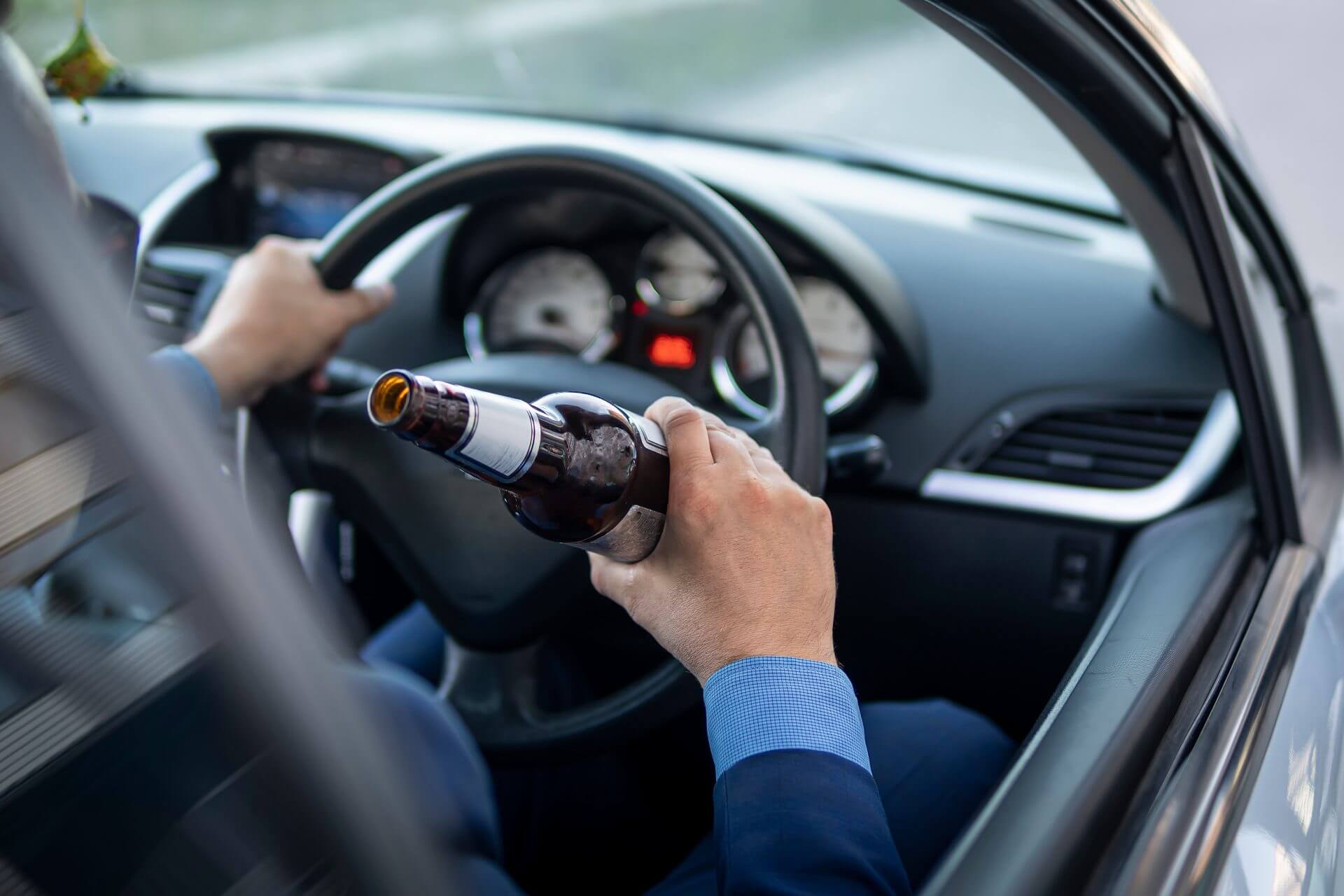
The harshest penalties against CDL holders include violations related to alcohol, controlled substances, and felonies. Common prohibited actions include but are not limited to the following:
- Operating a commercial motor vehicle (CMV) with a blood alcohol concentration (BAC) of 0.04% or higher.
- Refusing to submit to an alcohol or drug test required by law enforcement.
- Driving under the influence of alcohol or controlled substances.
- Failing to report an accident involving a CMV.
- Using a CMV in the commission of a felony.
- Operating a CMV during your CDL suspension.
- A fatality caused by negligent operation of a CMV.
Penalties for these actions are:
- First offense: CDL disqualification for at least one year.
- Hazardous materials offense: The above violations involving the transportation of hazardous materials can lead to a minimum three-year disqualification.
- Second serious traffic violation: Lifetime disqualification.
- Felony involving controlled substances: Lifetime disqualification.
- Detected BAC under 0.04%: 24-hour out-of-service order.
Serve traffic violations
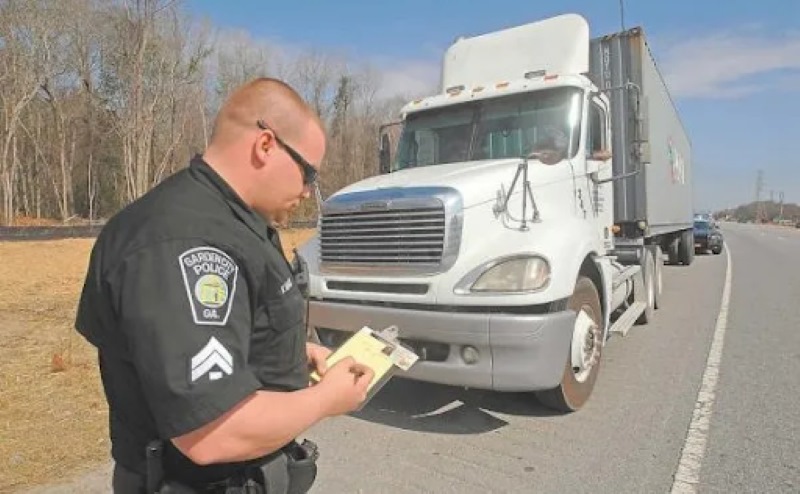
Repeated serious traffic violations are considered habitual unsafe driving, leading to heavy penalties. Examples of serious violations include:
- Operating 15 miles per hour above the speed limit or faster.
- Reckless or aggressive operation.
- Improper or erratic changes in lanes.
- Following too close.
- Traffic offenses in a CMV related to fatal accidents.
- Operating a CMV without a valid CDL or the proper endorsements.
Penalties you should expect when committing the above violations:
- Two violations within three years: Minimum of 60-day disqualification.
- Three or more in three years: At least 120-day disqualification.
Violations of out-of-service orders
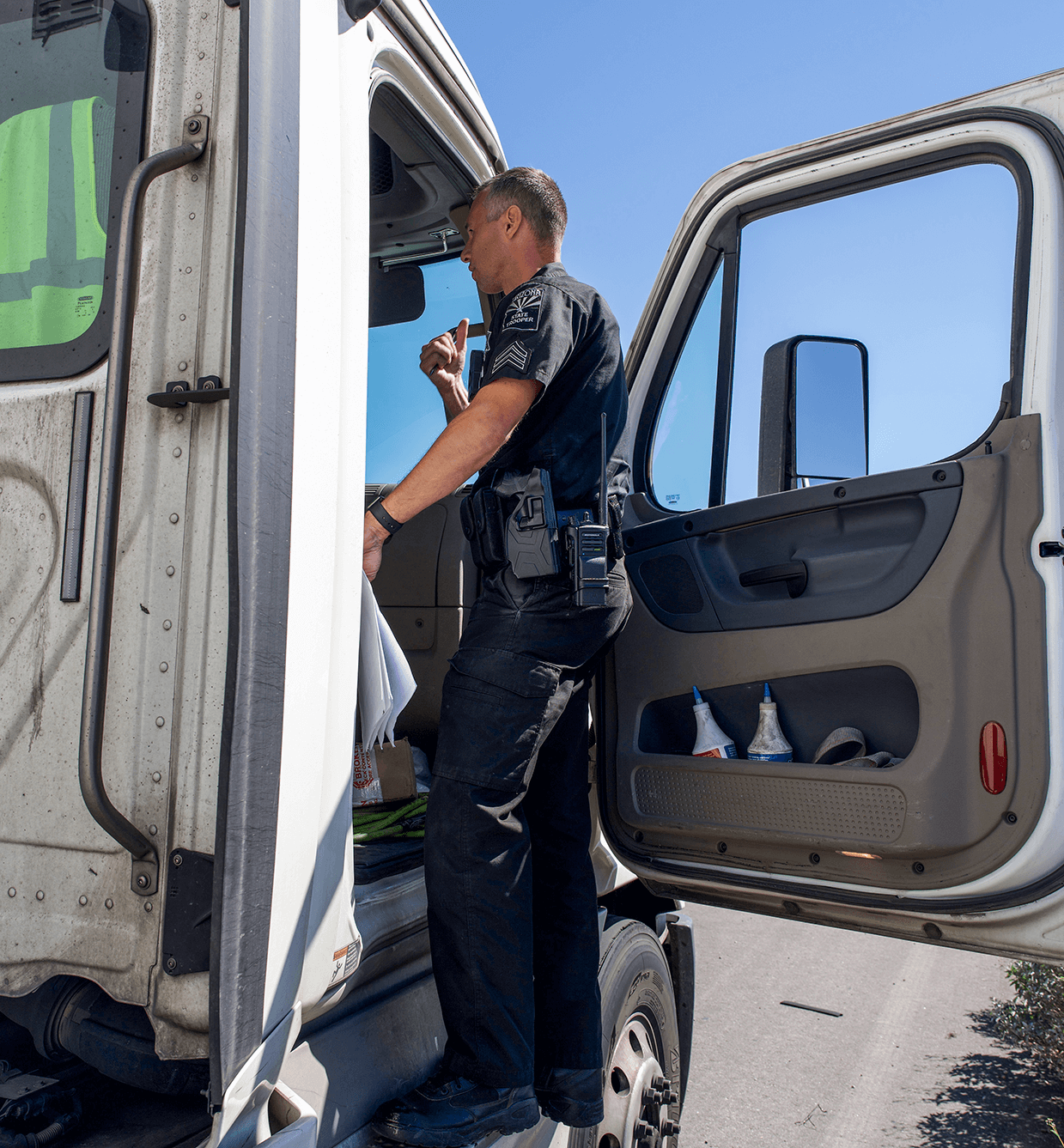
Out-of-service orders are issued against drivers, vehicles, or motor carriers when such drivers, vehicles, or motor carriers become unsafe to operate. Neglecting to adhere to an out-of-service order poses a danger to the public and potentially carries with it severe repercussions. Examples of common violations in this category include:
- Operating a CMV beyond the allowed hours-of-service limitations and continuing after receiving an out-of-service order for rest.
- Operating a CMV after your driver’s license has been revoked, suspended, or withdrawn.
- Driving with a suspended CDL or without the required medical certification.
- Operate a vehicle that has been discontinued due to a serious safety defect discovered during vehicle inspection.
- Using a CMV that does not have a valid inspection sticker or with a canceled, revoked, or falsified inspection sticker.
Penalties for offenses are as follows:
- First offense: CDL disqualification for at least 90 days.
- Second offense within 10 years: Disqualification for at least one year.
- Third or subsequent violation within 10 years: Disqualification for at least three years.
Railroad-highway grade crossing violations
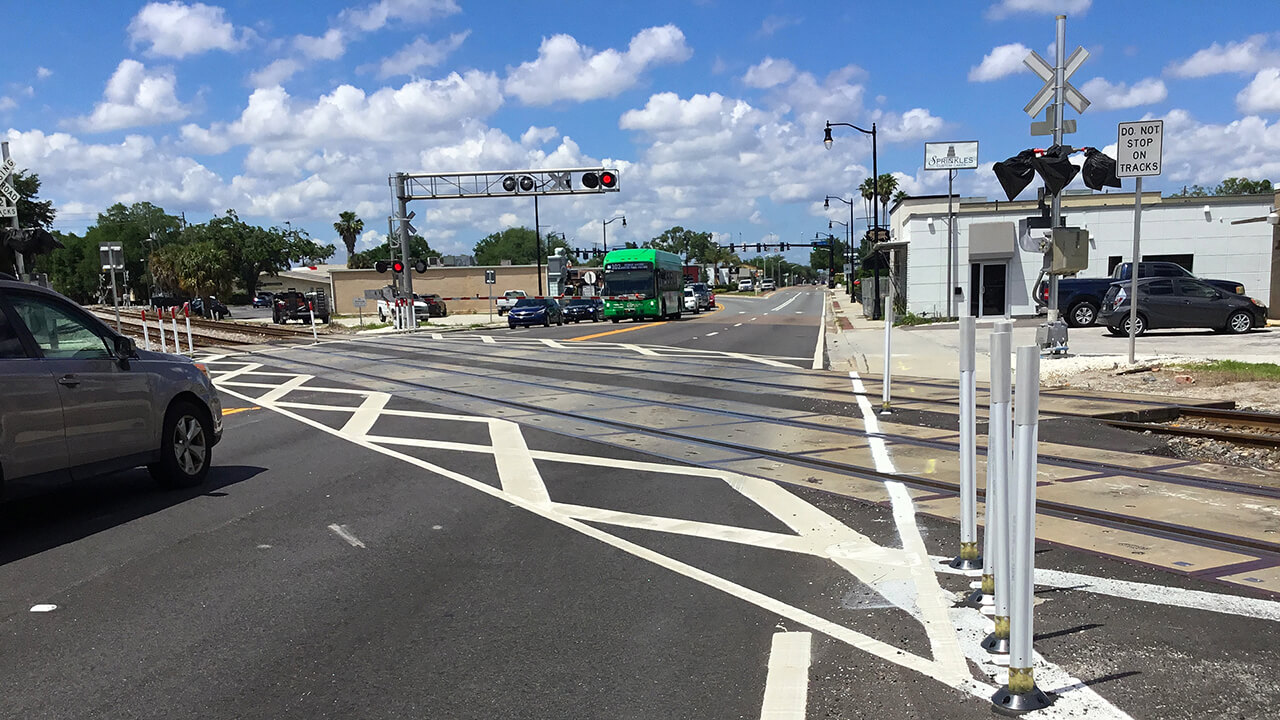
Railroad-grade crossings demand strict adherence to safety regulations. Violations include failure to stop, slow down, or follow crossing signals. Specific violations are:
- Failure to stop at the crossing when required.
- Not ascertaining the tracks are clear of traffic before crossing.
- Disregarding traffic signals or directions given by law enforcement at crossings.
- Failure to stop when there is not sufficient space to clear the crossing.
- Insufficient undercarriage clearance.
Drivers committing the above actions will be under the following penalties:
- First offense: At least 60-day disqualification
- Second offense within three years: At least 120-day disqualification
- Third offense within three years: At least one-year disqualification.
Hazardous material endorsement disqualification
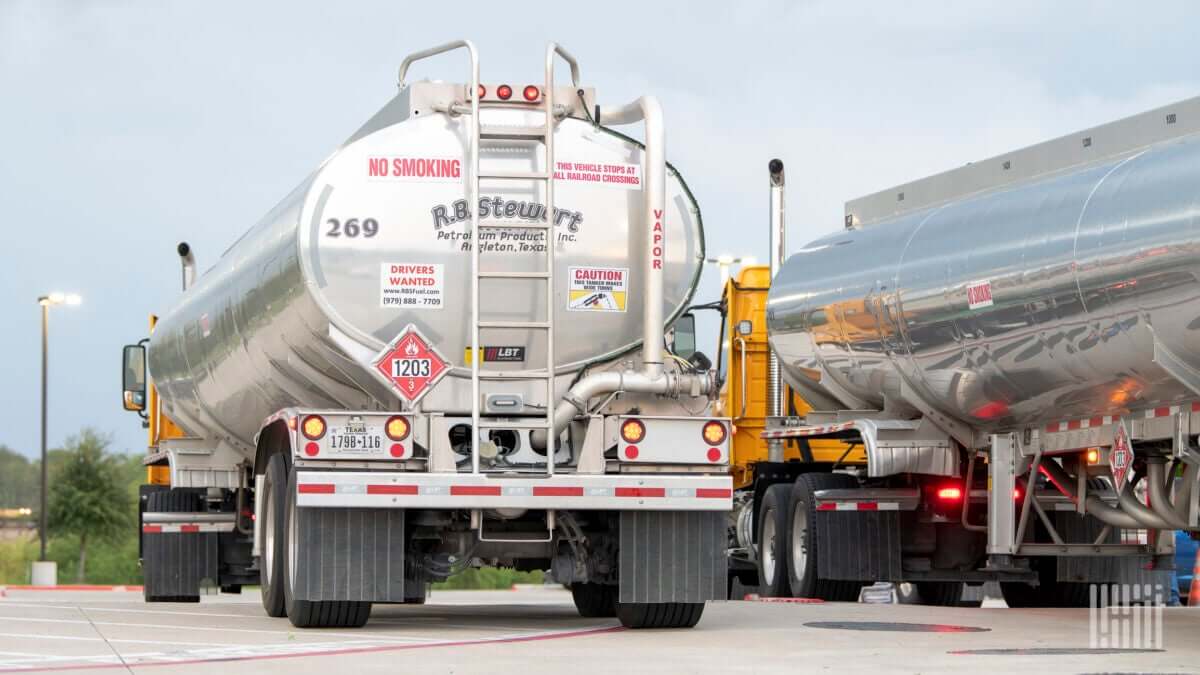
Applicants for a hazardous materials endorsement on a CDL must undergo a background check through the Transportation Security Administration (TSA), which includes fingerprinting. You will be disqualified from obtaining a HazMat endorsement if:
- Not being a lawful resident of the United States.
- Renouncing U.S. citizenship.
- Being under indictment or convicted of the listed felonies.
- Mental health adjudication or commitment as an involuntary patient.
- Determination by TSA as a security threat.
Traffic violations in personal vehicles

Your driving behavior in a personal vehicle can also affect your CDL. Colorado ensures that CDL holders drive safely in all situations. Examples of prohibited actions include:
- Suspension, revocation, or cancellation of a personal driver’s license for traffic violations other than parking.
- Alcohol- or drug-related violations in a personal vehicle.
- Utilizing a personal vehicle to commit a felony.
These violations will result in penalties as follows:
- First offense: At least one year of CDL disqualification.
- Second offense: Lifetime disqualification.
- Hardship licenses cannot be used to operate a CMV during such a suspension period.
FAQs
1. Can I get a CDL in Colorado with a DUI?
Yes, you can get a CDL in Colorado with a DUI on your record, but that would depend on the circumstances of the offense. You can have the chance to apply again after serving a disqualification period, provided that this DUI is your first offense or involves a personal vehicle. However, a DUI during the operation of a commercial vehicle, or multiple offenses lead to longer disqualification or permanent loss of eligibility.
2. What felonies disqualify you from getting a CDL in Colorado?
Specific felonies can prevent you from getting or continuing to hold a CDL within Colorado. The following are common examples:
- The use of a commercial motor vehicle in the commission of a felony.
- A felony involves controlled substances such as trafficking and distribution.
- Human trafficking-related felonies.
- Convictions of violent crimes, such as murder or aggravated assault.
Individual evaluations are conducted for all the cases, particularly for hazardous material endorsements that include thorough background verification.
3. How long do you lose your CDL for a DUI in Colorado?
The length of CDL disqualification for a DUI in Colorado is based on the specifics of the offense:
- The first offense in a CMV: At least 1-year disqualification.
- First offense while transporting hazardous materials: At least 3 years of disqualification.
- Second offense, whether in a personal or commercial vehicle: Lifetime disqualification.
Final thought
Understanding Colorado CDL disqualifications is crucial for any aspiring or seasoned drivers in Colorado. From serious traffic offenses to disqualifications for Hazmat endorsement, every disqualification category is designed to maintain road safety and uphold professional standards. Be informed of these disqualifications and state regulations, and you can proactively protect your driving privileges as well as ensure the safety of yourself and others on the road. If you have any concerns about Colorado CDL disqualifications, please leave a comment or contact us. Always willing to help!


